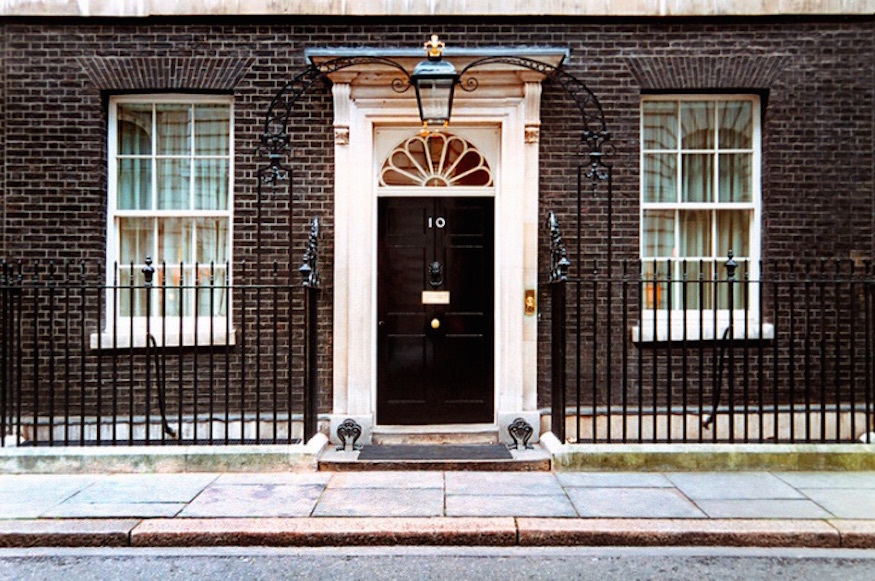Neil Cowan, Policy and Parliamentary Officer at the Poverty Alliance, writes on the need for the new Prime Minister to make solving poverty his government’s priority.
Boris Johnson will be named the new UK Prime Minister today, after members of the Conservative Party voted overwhelmingly for him to be their new leader. He will meet the Queen at Buckingham Palace to be formally asked to form a new government, will move into his new home at 10 Downing Street, and will likely stand on the steps of Downing Street like many Prime Ministers before him to deliver his vision of the country’s future.
But amid the ceremony associated with a new Prime Minister, people’s lives continue to be lived. The new government is being formed at a time when more and more families are caught up in a rising tide of poverty and struggling to get by. It is a time when one-fifth of the UK population (including over 1 million people in Scotland) are living in the grip of poverty, and it is a time when increasing numbers of people rely on foodbanks. In a society that believes in justice and compassion, this simply cannot be right.
Decisions made about our economy in the last decade have led directly to these scandalous levels of poverty. Women, disabled people and black and minority ethnic communities – who are already more likely to experience poverty – have been hit the hardest. It is the duty of the new Prime Minister and his government to right these wrongs and take different decisions that will build an economy that works for everyone.
This means ending the five week wait for Universal Credit, which is pulling so many people into destitution. It means immediately ending the benefits freeze and investing in social security so that it acts as an anchor for families struggling to stay afloat. And it means tackling the issue of in-work poverty, by ensuring that no worker receives less than the real Living Wage and that everyone who is able to work can access decent and secure employment.
Amid this ‘to do’ list, Brexit looms large, and will dominate the early weeks of the new Prime Minister’s time. Whilst Brexit is seen as a distraction from domestic policy issues, the reality is that our relationship with Europe has been important for many years in influencing how we address issues of social and economic injustice in the UK. There is also no doubt that as we unpick our membership of the EU, it will continue to influence the approach we take to addressing poverty.
So the new government’s Brexit negotiations must prioritise the impact of any deal and future arrangements on the lives of people experiencing poverty. And if a Brexit is to be pursued that inflicts greater injustices and pulls even more people into poverty, then we cannot be afraid – and indeed have a responsibility – to challenge it.
Everyone should be able to live a dignified life and every child should have the same options and opportunities as any other. Yet right now in communities across the country, families are weathering the storm of low pay, insecure work and high costs, and are being forced into decisions about whether to pay their rent or put food on the table.
With more than a third of all children in the UK projected to be living in poverty by 2023, we simply cannot go on like this. These levels of poverty go against everything that we as a society believe in and, while the new Prime Minister faces a busy inbox, righting these wrongs must become and remain his government’s priority.


Enter your email address to receive regular e-updates about our work. If at any time you want to stop receiving these, simply contact us. We’ll keep your details safe and won’t share them with any other organisations for their marketing purposes. For full details see our Privacy Policy.